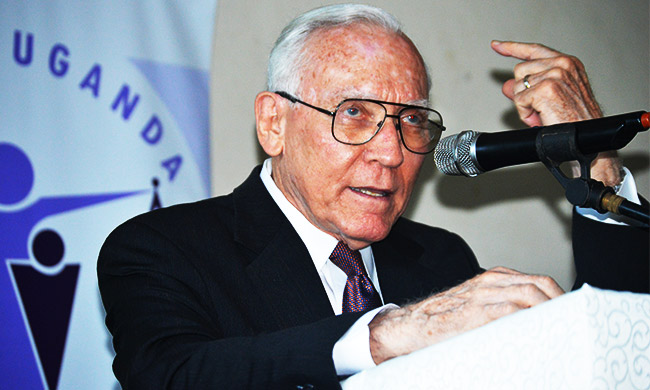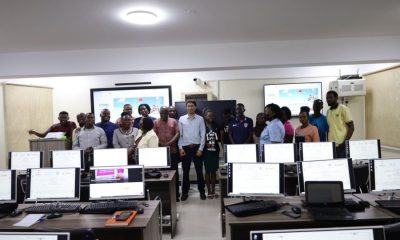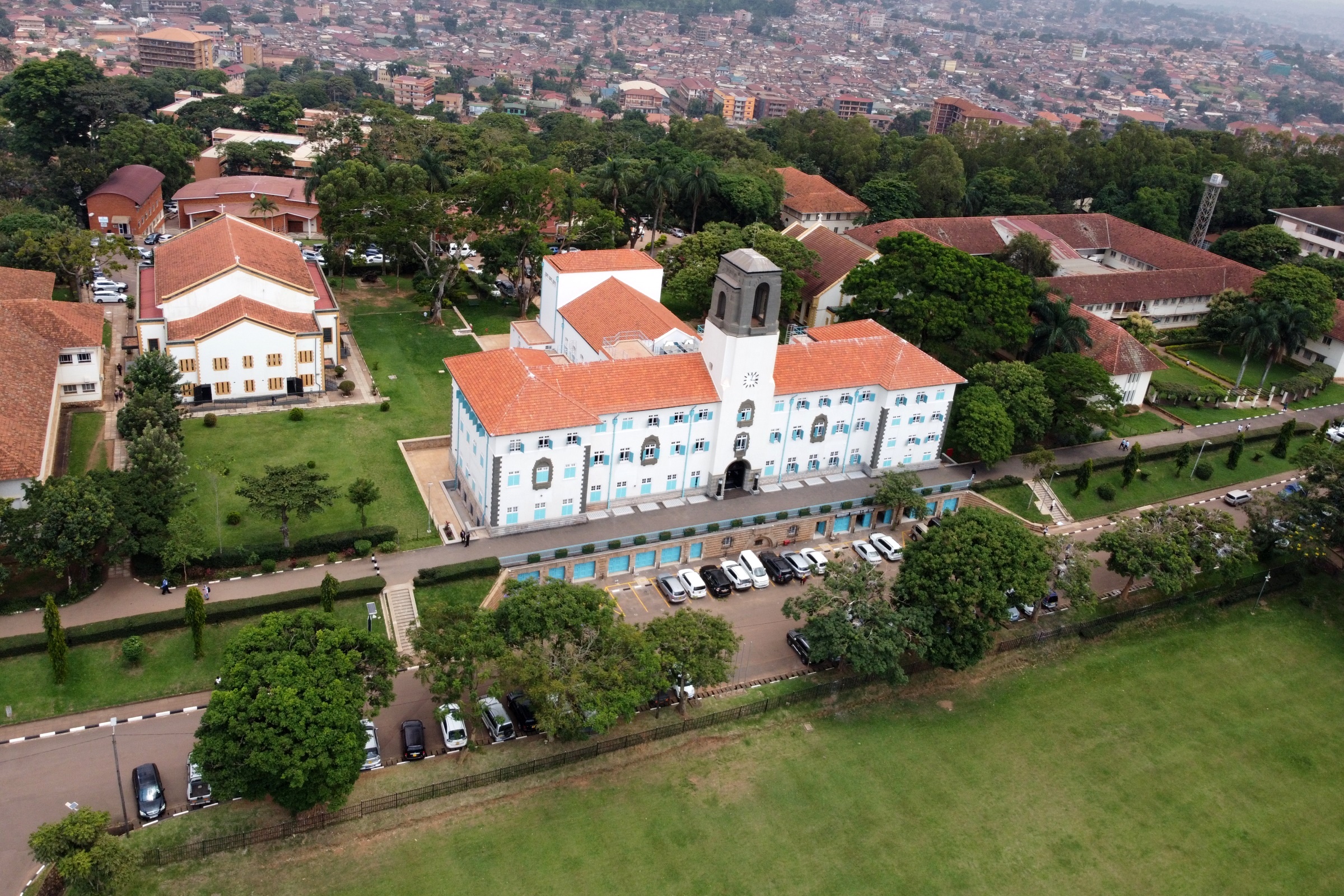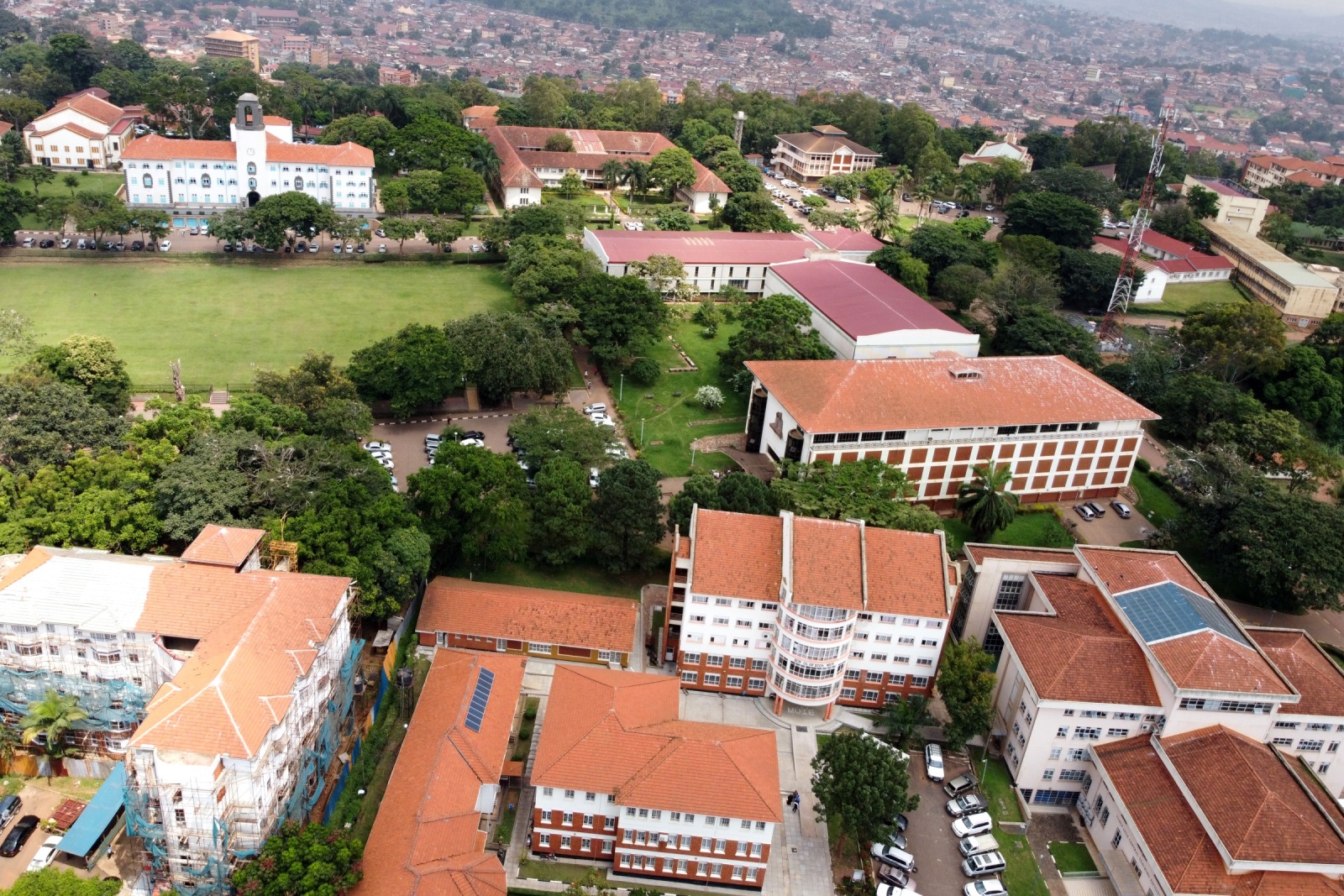Experts in business and financial transactions have appreciated the need to build a powerful network of stakeholders committed to substantially reduce Illicit Financial flows in Uganda. This was during a Public Discourse organised by FIDA Uganda and the Vice Chancellor of Makerere University Prof. Barnabas Nawangwe to discuss the Illicit Financial Flows and their impact on Africa’s economic development. Held on 4th June 2018, the Public Discourse was organised under a theme: “Illicit Financial flow exploring conceptual and practical challenges in Uganda”.
During the intensive discussion, participants from government, civil societies, Non-governmental Organisations, private sector and media said that developing countries and financial centres must collaborate to adopt and enforce policies that promote good governance, tackle corruption and implement transparent tax systems.
Participants also suggested that countries must have the right laws in place with the capacity to implement them. A system for exchanging tax information on preventing tax evaders and money launderers should be initiated and countries should ensure that cross-border financial flows use formal financial systems.
Illicit Financial Flows are cross-border capital movements purposed for concealing illegal activities and evading taxes. (Marc Herkenrath, 2014). It involves money that is illegally earned, illegally transferred, or illegally utilized. According to the President of Global Financial Integrity, Washington DC Dr. Raymond Baker, Illicit money comes in three forms; the proceeds of bribery and theft, the proceeds of criminal activities including drugs, racketeering, and terrorist financing that combined slosh around the globe and the proceeds of tax evasion and laundered commercial transactions.
In a keynote address on Democratic-Capitalism at risk imperilling the 21st Century, Dr. Raymond Baker said that democratic capitalist system has undergone an unrecognisable change over the past half of the 21st Century. To him, today Capitalists have a second hidden motive of facilitating their shadow financial system.
“The primary threat to the democratic capitalist system does not come from corrupt governments or terrorists, but from us and our failure to operate the capitalist system legally and ethically. It is an uphill effort to do this entirely on moral and ethical grounds. To combat illicit financial flows and tax havens, we have to strengthen the laws that regulate the market,” he said.
Illicit financial flows are an increasing concern of resource drainage from Africa. They reduce domestic resources and tax revenue needed to fund poverty-reducing programs and infrastructure in developing countries. They pose a huge challenge to political and economic security. Funds for public priorities are diverted by harmful practices, such as corruption, organized crime, illegal exploitation of natural resources, fraud in international trade and tax evasion.
According to Dr. Raymond Baker, for years, African countries have been severely hit by illicit financial flows. The global financial report released in 2015 clearly indicated that Africa is estimated to be losing more than $50 billion per year in illicit financial flows and Uganda loses an average of $509 million in illicit financial outflows annually.
“This challenge has left behind a very big income gap among individuals and countries, drained hard the currency reserves, heightened inflation, reduced tax collection, worsened income gaps and undermined trade. It has shortened lives for millions of people and deprived existences for billions more. Within the economic realm, as distinguishable from political affairs or environmental constraints, nothing else approaches the harmful effects of massive outflows of illicit money from poor countries to rich countries,” he said.
He noted that there is need for a whole-of-government approach in which all agencies collaborate and share information. “Governments should indicate the beneficial ownership of stolen funds, effectively use the legislation and develop better monitoring systems. There is need for countries to draw attention to their money, provide Entity Identifier Numbers and understand the power of signature,” he stated.
During the Public Discourse held on 4th June 2018, the Ambassador of Denmark to Uganda H.E Mogens Pedersen mentioned that the rate at which Uganda mobilises revenue currently stands at only 13% of the GDP. Therefore there is need for the country to close its revenue leakages given their negative effects to the economic growth.
“In order to facilitate identification of a remedy to this problem, the Danish Embassy has commissioned a study to help us get a better understanding of the nature and extent of Illicit financial flows in Uganda. We hope that this study which will be completed in 3 months will guide both government and development partners to design specific and targeted interventions to fight illicit financial flows. On behalf of Denmark, I want to assure you of our unwavering commitment to engage with the key stakeholders and to support efforts to curb illicit financial flows in Uganda,” the Ambassador said.
The Acting Vice Chancellor of Makerere University Dr. Eria Hisali said, “When talking about the rampant illicit financial flows in Uganda, it’s either the systems such as Human Resource and legal frameworks that are compromised or it has to do with the outright corruption the custodians of our systems.”
He thanked the Danish Embassy to Uganda for sponsoring a study that is geared towards finding the causes and implications of illicit financial flows in Uganda. In the same spirit Dr. Hisali appreciated the keynote speaker Dr. Raymond Baker for his knowledgeable and informative presentation.
He applauded FIDA Uganda and Makerere University for organising the long awaited dialogue and acknowledged the Danish Embassy for the support to ensure its success.
The Chairperson of FIDA Uganda Dr. Damalie E. Naggita-Musoke said that it is high time Ugandans understand the implications of illicit financial flows to the economic development of the country. “We have come to realise that issues that affect societies, women and children have a certain extent of illicit financial flows and resource utilization. Therefore there is a need for us to learn about illicit financial flows not only in the academic sense but also the implication of illicit financial flow generally,” she said.
The Public discourse involved an interactive panel discussion on “Illicit Financial flow exploring conceptual and practical challenges in Uganda”. Moderated by Mr. Charles Odongotho, the panellists included; Hon. Irene Ovonji Odida- the Executive Director of FIDA Uganda, Mr. Ezra Francis Munyambonera- Head of the Macroeconomics Department at Economic Policy Research Centre, Ms. Stella Nyapendi- Assistant Commissioner Board Affairs, Policy and Rulings at Uganda Revenue Authority, Ms. Jane Seruwagi Nalunga-Country Director at SEATINI Uganda and Dr. Robert Mugabe from Makerere University Business School.
Article by Proscovia Nabatte, Mak Public Relations Office.


 General2 weeks ago
General2 weeks ago
 General4 days ago
General4 days ago
 Innovation2 weeks ago
Innovation2 weeks ago
 General3 days ago
General3 days ago
 Computing & IS2 weeks ago
Computing & IS2 weeks ago


